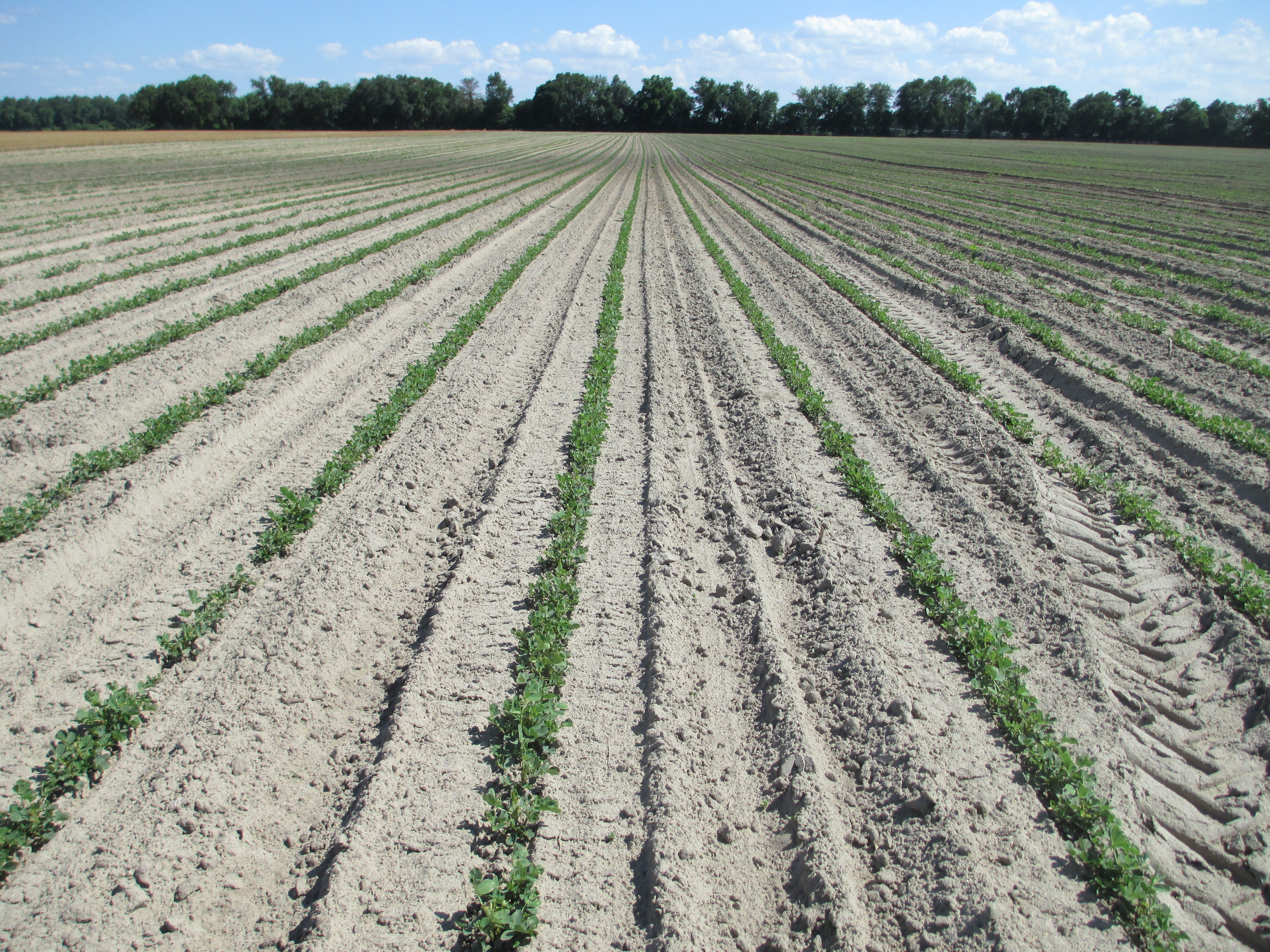
by Doug Mayo | Jun 13, 2013
Bermudagrass stem maggots (Atherigona reversura) are a relatively new pest of Bermudagrass hayfields in the Southeast, only being discovered in the region in 2010. Identifying the damage is fairly easy, it looks like a light frost has burnt the top growth of the...

by John Doyle Atkins | Jun 7, 2013
Fire ants attack anything that disturbs their mound (nest), including livestock and humans. They firmly grasp skin with their jaws, and then sting and inject venom. Fire ants pivot at the head and inflict more stings in a circular pattern. Two species of imported fire...

by Josh Thompson | May 31, 2013
The weather in May has been hot and dry across the panhandle. A hot, dry May combined with late cold fronts in April has proven to be a challenge for peanut growers trying to get their crop planted. Many have had to postpone planting due to a lack of soil moisture....
by Josh Thompson | May 31, 2013
Three Kudzu Bug (Megacopta cribraria) infestations have been identified in Jackson County this year, and this week was the first case found on soybean. The insects were spotted in the very early planted soybean plots (late February) which are used to monitor for Asain...
by Jennifer Bearden | May 31, 2013
Wild hogs are a nuisance to farmers, timberland owners and even subdivision residents. With recent rains, wild hogs are expanding their ranges and looking for new feeding areas. The time to control wild hogs on the farm is before the crop is in. Basically, it is...
by Matthew Orwat | May 24, 2013
Kudzu Bugs Confirmed for the First Time in Washington County Florida UF / IFAS Extension Entomologist Lyle Buss confirmed that the Kudzu Bug, Megacopta cribraria is present in Washington County Several samples were collected near the communities of...




